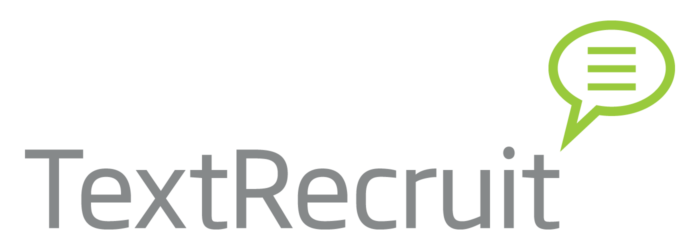There’s been a literal ton of discussion in recruiting and talent acquisition circles in the past 18 months about AI. Most of these discussions take one of several forms:
- How quickly will it get to scale?
- Will it displace recruiters?
- Is this the most disruptive tech ever to hit recruiting?
- Will it increase or better manage biases?
- Of all the products that claim to have AI, which really do?
Those are the big buckets. We’re going to take a slightly different approach here. We want to talk briefly about some of the limitations of AI in terms of what it can do now and how quickly it might be able to do some of the things recruiters are best at.
Candidate emotion
For better or worse, many recruiters do read candidate emotion throughout the hiring process, and it does impact the eventual hire.
In some ways, this is a major argument in favor of AI. Reading emotion can lead to bias, and bias can harm the hiring process. So if AI is completely unemotional and strictly objective, wouldn’t that be better?
Not necessarily. Because how a person reacts emotionally to situations, and what’s important to them, also shows how they’d fit/not fit in your culture. Think of a place like Amazon. You can’t say “Amazon has a bad culture” or “Amazon has a good culture.” It has a very specific culture to them, driven by product-obsessed workaholics based on most reports. An AI might look at someone’s objective background and say “Yes to Amazon,” whereas a human recruiter might screen them as too laid back and emotionally disinvested from great work, which would be a strong “No to Amazon.”
There’s nuance there, but the ability to read emotion and what humans deem important is crucial in recruiting — and AI is not yet there.
There’s a lot AI can do with facial features, including correctly identifying criminals in China, but despite the rise of so-called “affective computing,” AI’s ability to understand emotion is a long way off — if ever. Emotions vary so much in humans that AI getting an objective data set it can work from is one base challenge. There are also controversial discussions currently about whether AI will ever be able to feel human emotion. We’ll gloss that one over for now, as it’s probably not a concern for 30+ years.
The bottom line
AI is still very much a top-of-funnel recruiting technology right now. What it does well is help automate basic, repetitive tasks — resume screening and interview scheduling, predominantly — to free up some recruiter time for more proactive relationship-building and role development. In terms of more nuanced aspects of the hiring process, AI’s lack of explicit logic or ability to process the emotions of humanity are still pretty far off.
The awesome contents of this article are sponsored by TextRecruit.
Authors
Ted Bauer
Originally from New York City, Ted Bauer currently lives in Fort Worth, Texas. He's a writer and editor for RecruitingDaily who focuses on leadership, management, HR, recruiting, marketing, and the future of work. His popular blog, The Context of Things, has a simple premise -- how to improve work. Ted has a Bachelors in Psychology from Georgetown and a Masters in Organizational Development from the University of Minnesota. In addition to various blogging and ghost-writing gigs, he's also worked for brands such as McKesson, PBS, ESPN, and more. You can follow Ted on Twitter @tedbauer2003, connect with him on LinkedIn, or reach him on email at [email protected]
Recruit Smarter
Weekly news and industry insights delivered straight to your inbox.






